News
Customize list
-

The University of Ljubljana will play a key role in establishing the Slovenian Artificial Intelligence Factory
Slovenia has secured European funding for the establishment of a new supercomputer and the Slovenian Artificial Intelligence Factory. The supercomputer will be tailored for building and utilizing artificial intelligence models, while the AI factory will help Slovenian experts create an ecosystem that provides key services for the development and application of artificial intelligence in one place for businesses, research organizations, and the public sector. The University of Ljubljana will play a significant role in this initiative.
-

Serious Game Reduces Victim Blaming and Encourages Reporting of Cyber Violence
A study conducted by the Faculty of Social Sciences at the University of Ljubljana has shown that serious games can play a significant role in preventing cyber violence. Young people who participated in the educational program were less likely to blame victims after the workshops and became more aware of the importance of reporting cyber violence. However, the results also indicate that many young people lack knowledge on how and where to report such incidents.
-

Slovenian primary school students without mandatory computer science in the digital age
Slovenian primary school students achieve below-average results in creative thinking compared to their peers from other countries. Although their achievements in mathematics and science are above average, a noticeable gap exists in reading literacy. Girls perform as well as boys in mathematics, slightly better in science, and significantly better in reading.
-
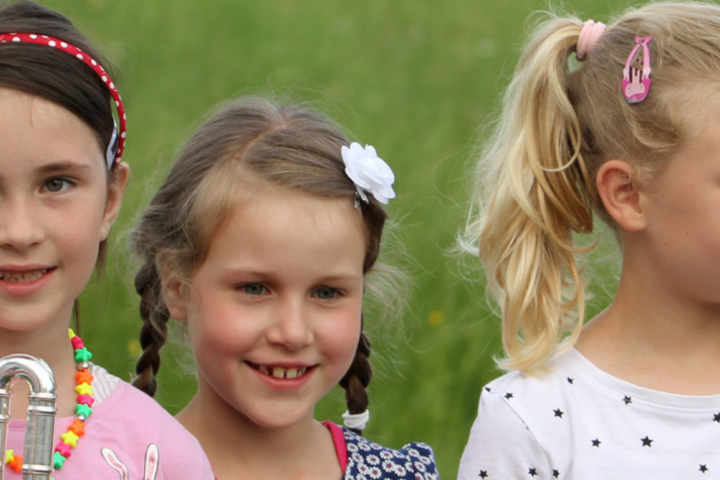
How to Reduce Drop-out Rates in Music Schools?
What factors contribute to music school drop-out, and which impact it most significantly? What creates an optimal supportive environment for a child to persist in music school? Researchers from the University of Ljubljana, Academy of Music: Dr. Ana Kavčič Pucihar, Dr. Katarina Habe, Dr. Branka Rotar Pance, and from the University of Maribor, Faculty of Education, Dr. Maruša Laure, addressed these topics in their paper "The key reasons for dropout in Slovenian music schools - a qualitative study," published in the Frontiers in Psychology (2024).
-

LIFE Lynx project - preventing the extinction of the lynx in the Dinaric Mountains and the South-Eastern Alps
How to save the Eurasian lynx population in the Dinarides and the South-Eastern Alps from extinction again? This is the challenge that the LIFE Lynx project, in which the Biotechnical Faculty of UL participated as a partner, has successfully tackled. Before the start of the project, there were 20 adult lynx in Slovenia, which were threatened by inbreeding. A total of 14 animals were introduced from the Romanian and Slovakian Carpatian Mountains, 9 of them in Slovenia and 5 in the Croatian Dinaric Mountains. This not only saved the population, but also set an example of good practice for all future attempts to reintroduce lynx or similar large carnivore species in Europe.
-
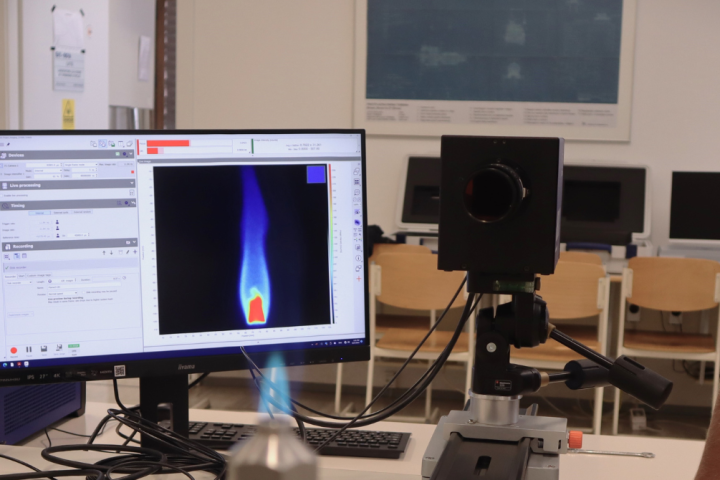
Faculty of Mechanical Engineering Successful in MSCA Doctoral Networks Call
The University of Ljubljana, Faculty of Mechanical Engineering, has been successful in the Horizon Europe Marie Skłodowska-Curie Actions (MSCA) Doctoral Networks call with the project UPCYCLE – Dissemination of Advanced Conversion Routes for Hard-to-Recycle Biogenic Waste. As part of the project, 15 doctoral candidates will be trained, three of whom will be based in Slovenia. The project is coordinated by Politecnico di Milano, with UL FS participating as a partner.
-
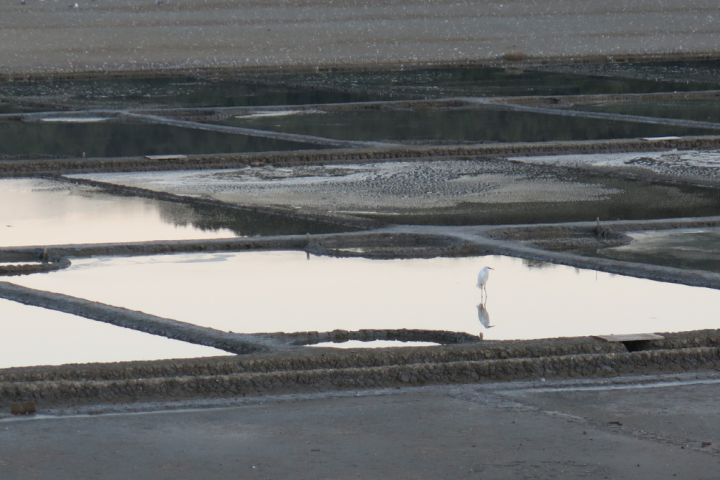
LANDLABS - Landscape Laboratories: Design Strategies for Sustainable and Beautiful Landscapes of the Anthropocene
How can landfills, mining areas or transportation infrastructure corridors that are part of our urban landscape be transformed into sustainable and beautiful places? How can we create a coexistence between humans, animals, plants, water, soil and technical elements in these areas? These are the questions addressed by LANDLABS, a doctoral research project in the field of landscape planning and design, which was successfully funded in April 2024 as part of the call for Marie Sklodowska-Curie Doctoral Networks.
-

10 Steps to a National System for Monitoring the Physical Fitness of Children and Adolescents According to Recommendations from the FitBack Network
In an era where children and adolescents are increasingly exposed to sedentary lifestyles and screen time, the question arises on how to reverse the trend of their continuous decline in physical fitness. A recent study published in the Scandinavian Journal of Medicine and Science in Sports, prominently featuring researchers from the SLOfit team, offers a solution—systematic monitoring of physical fitness at both individual and population levels. There are several such national systems currently in existence—how do they differ? What are their advantages, and where are their limitations? Most importantly, how can we design and establish such a system using the best practices in 10 steps?
-
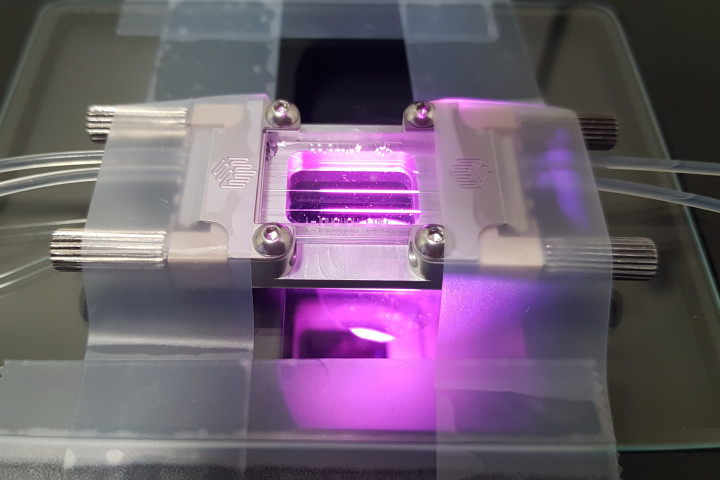
Researchers from the Faculty of Chemistry and Chemical Technology of the University of Ljubljana have obtained a Twinning project in the field of continuous (bio)catalytic processes
Under the leadership of Prof. Dr. Polona Žnidaršič Plazl, researchers from the Faculty of Chemistry and Chemical Technology of the University of Ljubljana (UL FKKT) have obtained a Twinning project titled "Twinning for Building Excellence and Innovative Solutions in Flow Catalysis" – FlowCat.
-
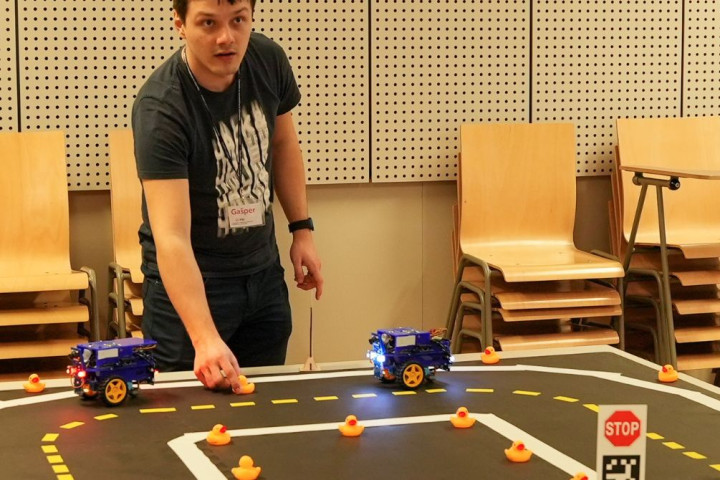
Duckiebots – autonomous driving robot cars in a small-scale city Model
Autonomous driving robots, equiped with camera and sensors have become reality. Meet Duckiebots, which are the result of the reasearch of doc. dr. Octavian Machidon from the Faculty of Computer and Information Science (FRI).
-

Almost 2.8 million European funds for innovative student exercise programs
The Ministry of Cohesion and Regional Development has approved almost 2.8 million euros in European funds for the zMIGAJ! program. This program will provide young students with two extra hours of exercise per week, which they will co-create with their teachers. Encouraging regular exercise is essential for young people's health and well-being, especially as they are increasingly exposed to stress, sedentary lifestyles, and digital screens. Regular exercise has been proven to improve mood, self-esteem, concentration, and academic success, as well as promote social bonds, cooperation, and mutual respect.
-

The negative effects of the corona period still burden the development and health of children
They were less physically active, spent even more time in front of screens and slept longer, we all still remember the "new reality" of children and adolescents during the covid closure of society. But - how long-term harmful restrictions and (too) long school closures have really (re)shaped the behavior of our children, is one of the first to reveal a population cohort study based on the Slovenian system for monitoring physical fitness (SLOfit), which has just been published in the prestigious scientific journal The Lancet Regional Health Europe.
-

The DIACOMET Project has Begun: Dialogue Expands Horizons
A new EU-funded project DIACOMET, involving ten European universities, media companies, non-governmental and research organizations, started with a kick-off meeting at Vytautas Magnus University (VMU) in Lithuania.
-
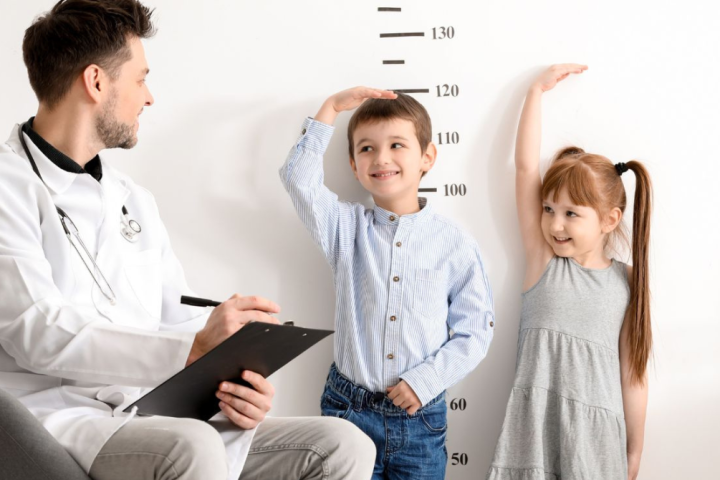
New method for predicting adult height
Researchers from Jožef Stefan Institute and Faculty of Sport, University of Ljubljana, developed a new method for predicting adult height of children and adolescents. The method uses large population data collected in the framework of the SLOfit program over decades. It compares the growth curve of a child with those of the most similar individuals and substantially outperforms the existing height predicting methods.
-
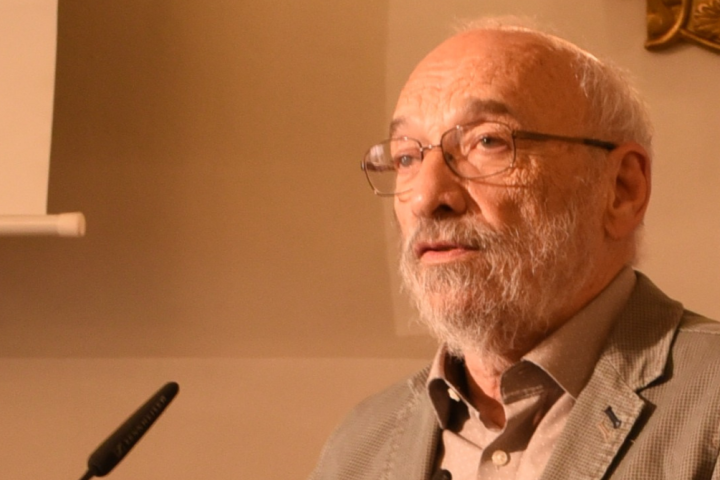
Prof. dr. Slavko Splichal has received the 2023 Media and Democracy Karol Jakubowicz Award
Academy member Slavko Splichal has received the 2023 Media and Democracy Karol Jakubowicz Award for his book Datafication of Public Opinion and the Public Sphere: How Extraction Replaced Expression of Opinion, which was published last year by Anthem Press in London and New York.
-
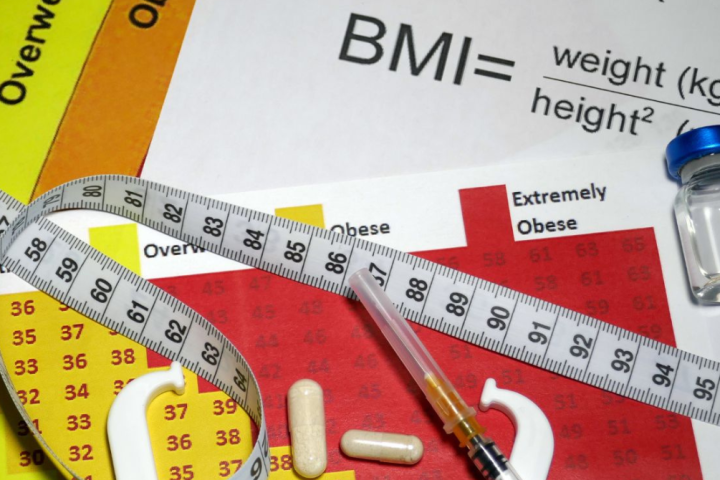
Chronic disease risk prediction with artificial intelligence
Project SmartCHANGE - an innovative solution for drastically reducing the risk of chronic non-communicable diseases.
Although the future may seem like something we can only speculate about, the Jožef Stefan Institute, in collaboration with the SLOfit research group of the Faculty of Sport of the University of Ljubljana, within the Horizon Europe program, is starting to develop an innovative solution that would enable better prediction and drastic reduction of the risk of developing chronic non-communicable diseases (NCDs; e.g. cardiovascular and metabolic diseases, various forms of cancer) with the help of artificial intelligence. -

A controlled experiment tests the effectiveness of knowledge transfer in Slovenian agriculture for the first time
With agriculture accounting for around 10% of greenhouse gas emissions in the European Union, and with cattle farming contributing the largest share, there is an urgent need to increase the uptake of low-emission farming practices in this sector. Education and good advisory support play an important role in promoting such changes, enabling farmers to acquire new knowledge and change their attitudes towards this issue.
-
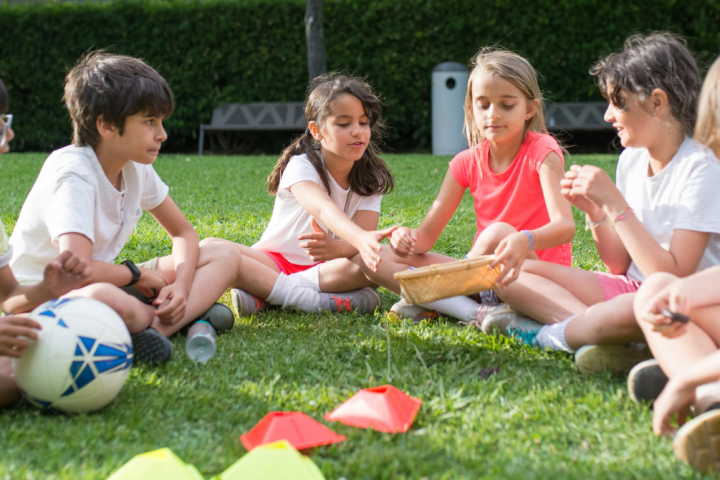
Reintroduction of the Healthy Lifestyle Intervention could radically boost the post-corona recovery of capacities in Slovenian youth
A newly published study by the SLOfit group at the Faculty of Sport of the University of Ljubljana has shown that interventions for increasing physical activity, such as the Healthy Lifestyle Intervention in Slovenian schools, are vital for preventing childhood obesity in developed countries.
-

Slovenian project SLOfit is the E+ SPORT #BeActive Across Generations Award Winner 2022
The SLOfit project - Lifelong monitoring of physical fitness, developed at the Faculty of Sport University Ljubljana, was selected by an expert jury in Brussels as the winner of the E+ SPORT #BeActive - Across Generations Award 2022, dedicated to recognizing the best European projects that promote a regular exercise and ensure easier access to sport and physical activity for all generations.
